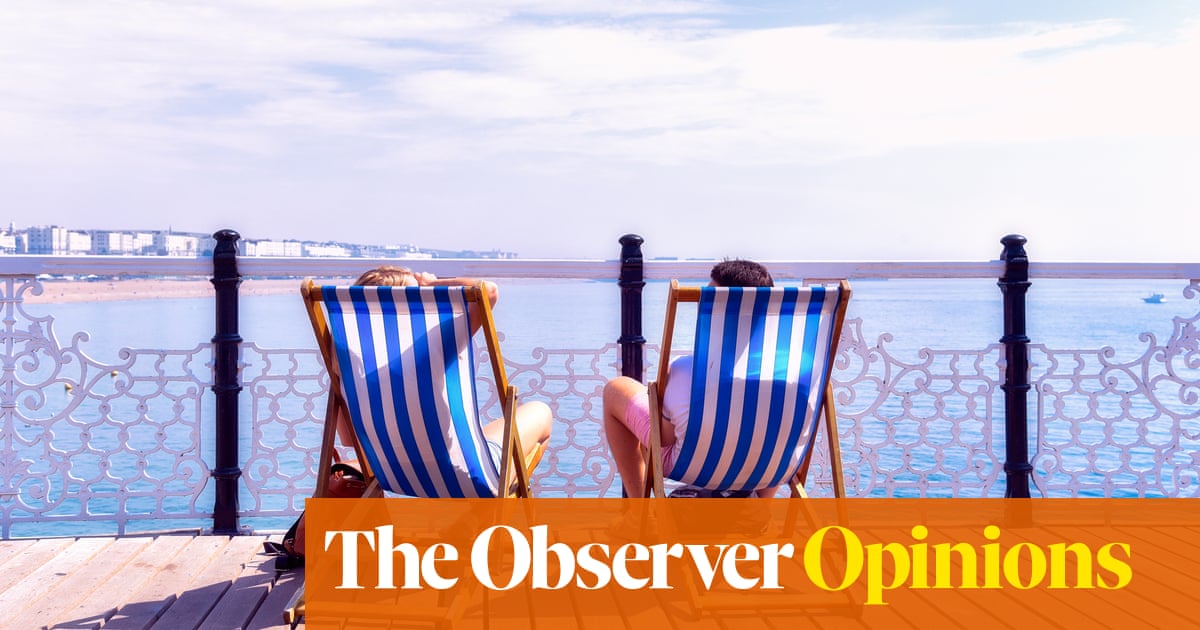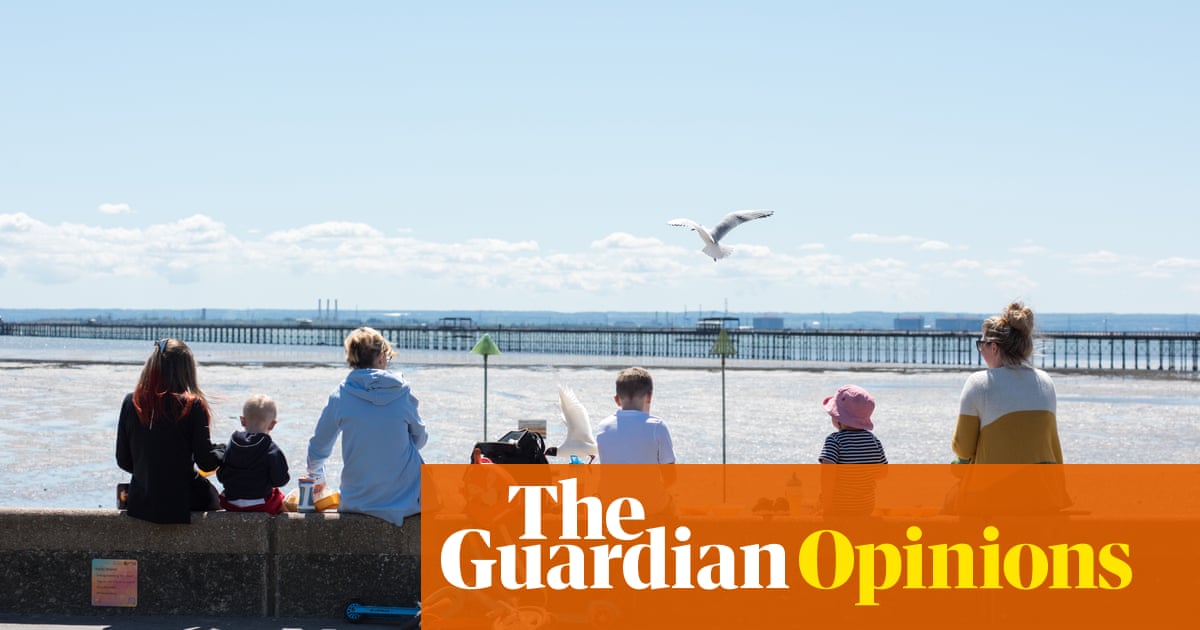
You may have noticed that dinks have been in the news. If you’re confused, don’t worry – I was too when my partner informed me that this is what we are.
“Dual income, no kids” is a descriptor that originated in the 1980s; lately, people have started to use it on TikTok to show off their extravagant lifestyles (“we get a full eight hours of sleep and sometimes more”; “our house is clean and quiet”). These mild boasts have been met with online vitriol, as reported by the Mail Online, with couples being called “sad losers”, along with the usual litany of accusations that are levelled against people who don’t have children: we are selfish, materialistic, have no stake in the future and, lest we forget, will die alone because our lives are ultimately meaningless.
When discussing dinks, people are careful to make the distinction: “We’re not talking about couples going through IVF hell or struggling to adopt”, but people who (shock horror) “just didn’t want kids”. Of course, this is well-meaning – it would be cruel to judge people for something they have no control over – but it perpetuates the idea that it is acceptable to judge people for their family arrangements. It suggests that there are worthy reasons for not having children, and unworthy ones.
But what is an acceptable reason not to have kids? Serious illness? Traumatic childhood? Insufficient money? Not wanting to compromise your career? Concerns over the future of the planet?
People’s motivations behind this very private decision are likely to be complex and multifarious, and, crucially, not anyone else’s business. This is also my gripe with the “childless” versus “childfree” distinction, both words that define women – and they are normally reserved for women – by something they lack. The word “childfree” provides a much-needed positive spin on being a woman over 30 who is not a mother, but it still divides us into two possible camps, neither of which is particularly appealing: childless (sad, hag-like) or childfree (bullish, probably delusional). Of course there are cases at both those extremes, but the reality for most people is probably somewhere in between and constantly in flux.
Nor should we be assuming that all infertile women spend their days in a perpetual state of tragedy. For many it is a profound loss, but for others it doesn’t have to be a life-defining event; it may be that they have made their peace with the situation and are, for the most part, completely fine with it.
What if you’re happy with it 95% of the time and slightly wistful the other 5%? What about 90%? 85%? What’s the cutoff? These are difficult, painful thoughts that you may not even articulate to yourself very often, never mind use as a label to explain yourself to strangers. After all, we don’t ask parents to define themselves by whether or not they regret having kids, nor do we divide them under “those who truly wanted to reproduce” and “those who did it because all their friends were and the biological clock was ticking”. For many, there will probably be regret either way: we just have to find the version we can live with most.
Not having children wasn’t a choice for me, but in all honesty it is not something I have ever particularly wanted. In a way, the lack of choice is liberating: it saves me from years of costly IVF treatments and the emotionally draining cycle of hope and disappointment. Earlier this year, I was reclining on a sun lounger in a tropical paradise, piña colada in hand, and all I could feel was a deep relief about the way things have turned out. Perhaps if circumstances had been different I would not feel the same way, but in the immortal words of Gino D’Acampo: “If my grandmother had wheels, she would have been a bike.”
In 2024, it should not be seen as an affront if people lead a slightly different life from the narrow confines of what is expected: other people’s choices are not a judgment on your own. Reproducing is one of the biggest, life-altering decisions we can make, with a profound impact on our time, freedom, career and finances. We should all be thinking carefully about whether it is right for us on an individual level. Even among those who do want to start a family, the costs are prohibitive: more and more young people are being priced out of parenthood. Last month, the birthrate fell to a record low.
Yet having children is so societally ingrained that non-parents continue to face stigma and are expected to justify their lifestyles in a way that parents are not. The main objections to dinks appear to be that they post smug social media updates, and that they travel too much. But do parents not post proudly about their bundles of joy? And isn’t having children the worst possible thing you can do in terms of CO2 emissions?
At the heart of this judgment is an insulting insinuation that some lives are worth more than others (commenting on tragedies “as a mother” does not make your viewpoint more valuable, as writer Amy Key has pointed out). Being a parent, or not being a parent, is not intrinsically more or less moral. This is not a battle of parents versus non-parents, childless versus childfree. Instead of entrenching ourselves further into camps, we should be moving towards a future where all choices are seen as equally valid – with highs and lows, regrets and joy – and that it is simply not up to other people to judge.
Kathryn Bromwich is a commissioning editor and writer on the Observer New Review












